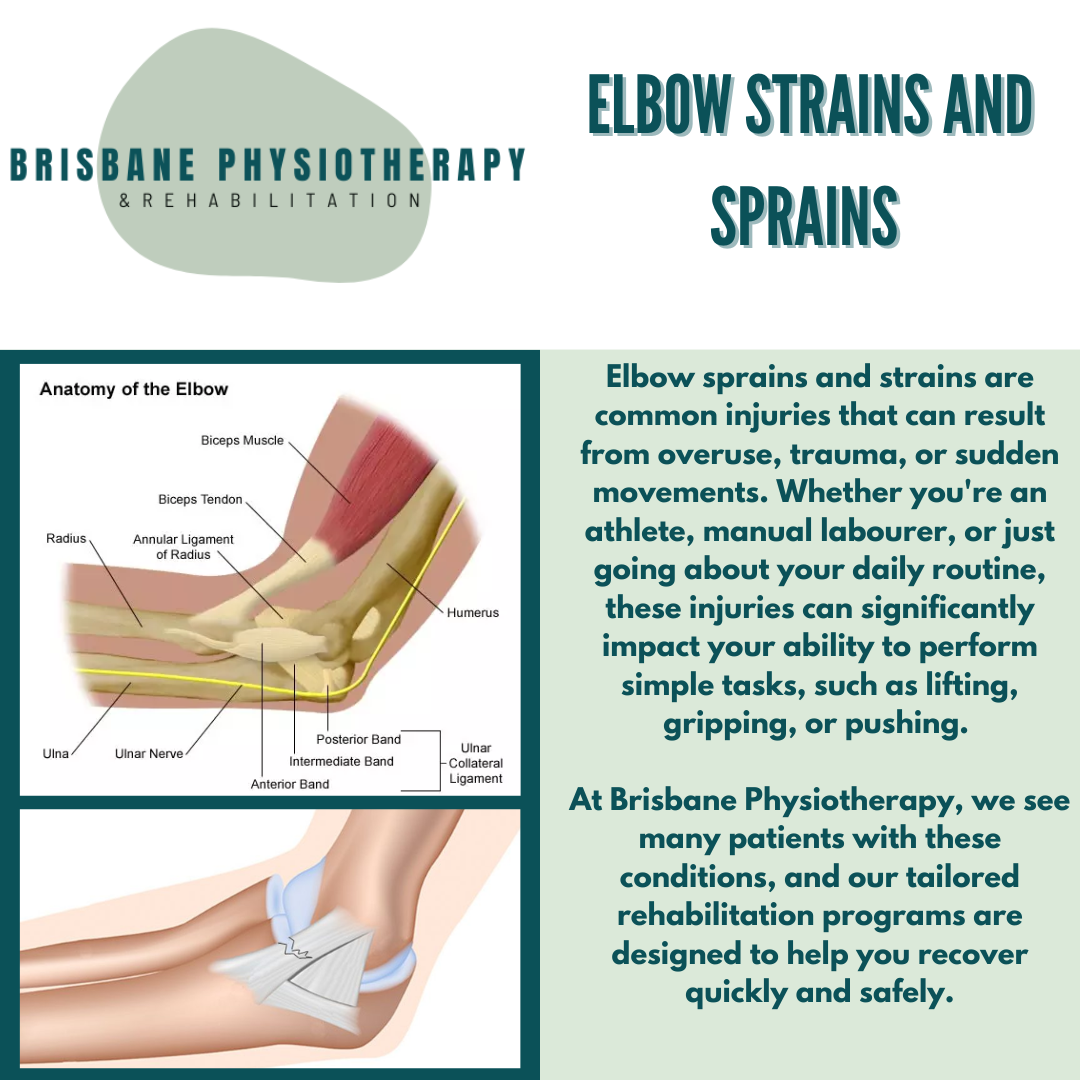
News & Articles

Physiotherapy vs Remedial massage
Physiotherapy and remedial massage are both therapeutic approaches aimed at improving the body’s function, reducing pain, and aiding recovery. However, they are distinct in their methods, focus, and the scope of treatment they provide. Understanding the key differences between the two can help individuals make informed choices about which treatment is best suited to their needs.

How Does Physiotherapy Massage Work?
Physiotherapy massage is an essential part of many treatment plans designed to relieve pain, improve mobility, and promote healing. Unlike general massage therapy, physiotherapy massage is tailored to address specific musculoskeletal issues as part of a broader rehabilitation strategy. It combines hands-on techniques with a deep understanding of the body’s biomechanics, making it a highly effective tool for treating injuries and chronic conditions.

What is Petrissage?
Petrissage is one of the core massage techniques utilised by physiotherapists to treat muscle tightness, improve circulation, and promote healing. The term "petrissage" comes from the French word "pétrir," meaning "to knead," which aptly describes the technique. It involves deeper pressure than techniques like effleurage, with physiotherapists using their hands to compress, lift, and roll the soft tissues. This helps to break down adhesions, release tightness, and improve the overall elasticity of the muscles.

Effleurage
Effleurage is one of the most fundamental and widely used massage techniques in physiotherapy. Derived from the French word "effleurer," meaning "to skim" or "lightly touch," this technique involves long, sweeping strokes that glide over the skin. It’s commonly used to warm up the muscles, improve circulation, and promote relaxation. While it might appear simple, it holds significant benefits when incorporated into a physiotherapist's treatment plan.

Technique Series: Rowing
Rowing is a full-body exercise that strengthens muscles, improves cardiovascular health, and enhances endurance. However, using improper form while rowing can lead to a variety of injuries, particularly to the lower back, shoulders, and knees. Correct technique is crucial for getting the most out of the exercise and preventing strain or injury. A physiotherapist can play a pivotal role in ensuring that you row safely and effectively by guiding you on proper form and addressing any existing issues.

Technique Series: Bench Press
The bench press is a classic strength exercise that targets the chest, shoulders, and triceps. It's a staple in many workout routines, especially for building upper body strength. However, without proper form, the bench press can lead to shoulder, elbow, or even lower back injuries. Maintaining correct technique is essential for both safety and efficiency. A physiotherapist can help you improve your form and ensure that you're pressing safely and effectively.

Technique Series: Deadlifting
The deadlift is a fundamental strength exercise that works multiple muscle groups, including the legs, glutes, back, and core. When performed correctly, it builds strength, improves posture, and enhances functional movement. However, poor form during a deadlift can lead to serious injury, particularly to the lower back, knees, and hips. Working with a physiotherapist can ensure you maintain proper form, avoid injury, and get the most out of this powerful lift.

Squats: Form, Technique & Types
The squat is one of the most effective exercises for building strength in the lower body, targeting the quads, hamstrings, glutes, and core. However, performing squats with poor form can lead to knee, hip, or lower back injuries. Learning proper squat technique is crucial for maximising results and avoiding strain. Physiotherapists can play a key role in helping you improve your squat form and prevent injuries.

Understanding EOS Scans and their Impact on Physiotherapy Outcomes
In the world of physiotherapy, accurate diagnosis and treatment planning are essential for achieving positive outcomes. EOS scans, a relatively new imaging technology, have emerged as a game-changer, providing detailed, 3D images that enhance both assessment and intervention strategies. In this blog, we will explore what EOS scans are, how they work, and the impact they have on physiotherapy outcomes.

Elbow Sprains and Strains: Physiotherapy for Effective Recovery
Elbow sprains and strains are common injuries that can result from overuse, trauma, or sudden movements. Whether you're an athlete, manual labourer, or just going about your daily routine, these injuries can significantly impact your ability to perform simple tasks, such as lifting, gripping, or pushing. At Brisbane Physiotherapy, we see many patients with these conditions, and our tailored rehabilitation programs are designed to help you recover quickly and safely.